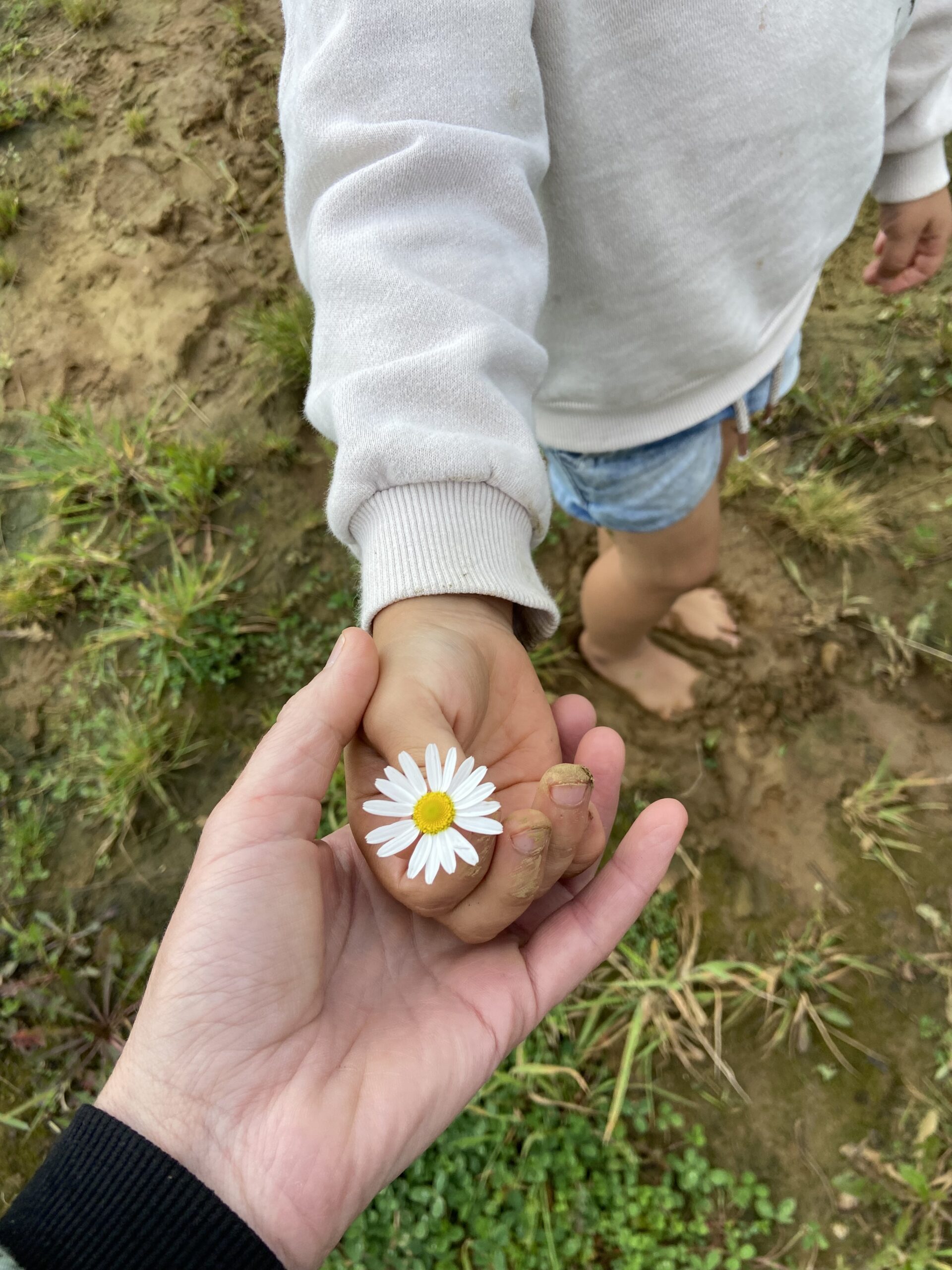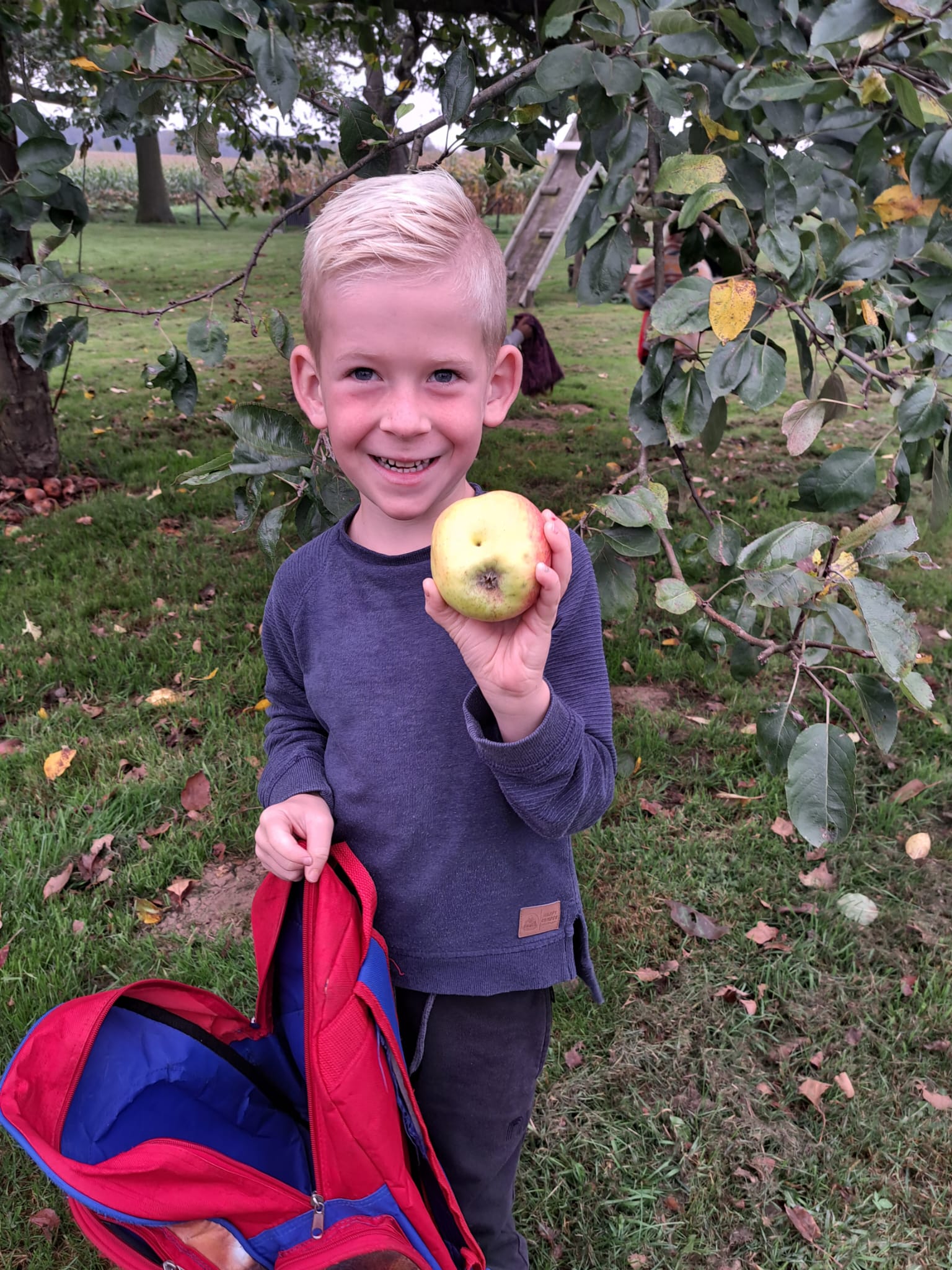Holistic education
What is holistic education?
Holistic education is a form of education with a long history. There is a wide variety of methodologies and combinations of methodologies used for holistic education, depending on the needs of different target groups. Some examples of 'holistic education are Montessori, Dalton, Waldorf and Reggio Emilia. Much research has been done on holistic education that shows proven results: it promotes social and academic skills that are at least equal to or superior to traditional education. Students are more satisfied and learn with more enthusiasm, motivation and are more aware of themselves and the world around them. Holistic approaches have been linked to improvements in grades, classroom behavior, and social and emotional outcomes. It is a common form of education in most (developed) countries in the world.
Holistic education means that each child is raised to find their identity and purpose in life, make connections with our natural world, our community, and practice spiritual values such as kindness, gratitude, and peace (Miller, 1994). Every child is a unique being who learns and grows in a creative environment, where they can embrace limitless ideas and reveal their limitless potential.

Conscience
Holistic education supports children to become aware of their own strengths and the world in which they live, so that they become self-aware and self-confident from within.
By giving children the opportunity to discover and decide what is important and meaningful to them, others, society and the world they live in, we can create lasting change.
We work with what is already there: a child's heart, their capabilities, the families, the community, nature and the world.
Balanced diet
Wise stimulates healthy habits, such as balanced diet and exercise, and works on developing skills such as empathy and self-compassion.
Wise's curriculum is designed to provide an environment-oriented learning environment, with themes that touch on relevant areas such as nutrition, health, art and technology. The program aims to develop skills such as problem-solving skills and creative expression.
Furthermore, nature education is an important part of the curriculum, with 80% of the time spent learning about and in nature.
This helps children to build respect and appreciation for nature and its importance in our daily lives.

